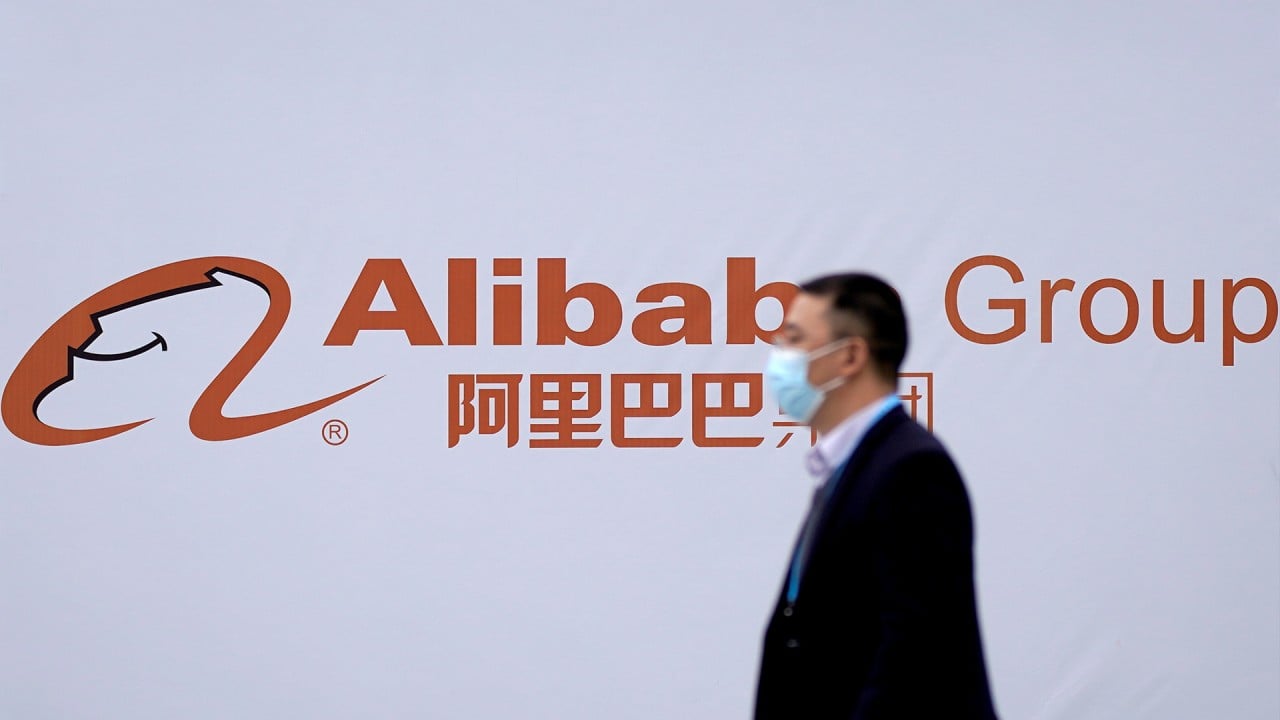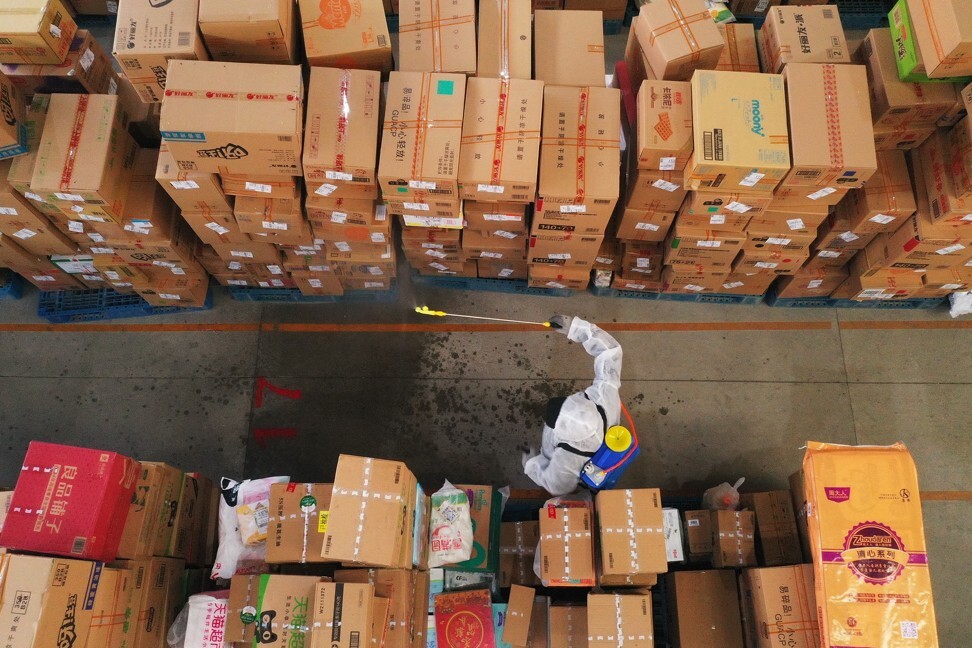
Alibaba promises cooperation with antitrust probe, Ant Group rectification plan as quarterly revenue rises 37 per cent
- The quarterly gain was partly attributed to Alibaba’s latest Singles’ Day shopping campaign, which generated record-high sales of US$74.1 billion
- Alibaba’s positive December quarter results come more than a month after the government launched its antitrust investigation
On Ant Group’s dual listing in Shanghai and Hong Kong, Zhang said the recent significant change in China’s financial technology regulatory environment means that the Alibaba affiliate’s “business prospects and IPO plans are subject to substantial uncertainties”.
“Although the changing regulatory landscape applicable to fintech and internet platform companies presents near-term challenges to Alibaba, we regard them as important opportunities for reassessing and improving our business practices,” Zhang added.

Hangzhou-based Alibaba has established a special task force with leaders from relevant business units to conduct internal reviews, as part of its efforts to cooperate with the antitrust investigation under the State Administration of Market Regulation (SAMR), according to the company’s earlier statement on the same day.
The company said it will “continue to actively communicate with the SAMR on compliance with regulatory requirements” and update the market when the investigation is concluded.
Alibaba posted better-than-expected revenue of 221.1 billion yuan (US$33.9 billion) in its financial third quarter, up from 161.5 billion yuan a year ago, beating the 215 billion yuan consensus forecast from a survey of analysts’ estimates compiled by Bloomberg.
“Thanks to the rapid recovery of China’s economy, Alibaba had another very healthy quarter,” said Zhang in an earlier statement on Tuesday.

01:26
China kicks off antitrust probes into Alibaba over alleged monopolistic practices
Alibaba’s shares have dropped 13.3 per cent since November 3, after Ant Group’s trading launch was scrubbed, to close at HK$260 (US$34) on Tuesday before its quarterly earnings were released, erasing HK$863.6 billion (US$111.4 billion) in market value. Alibaba’s shares fell by as much as 1.8 per cent to an intraday low of US$259.90 in New York after its results were released.
As China’s largest e-commerce services provider, Alibaba’s financial results are seen as a bellwether of consumer spending in the world’s most populous country and an important barometer of its economic health. Alibaba owns the South China Morning Post.
Despite the coronavirus pandemic, e-commerce showed strong vitality and resilience in China last year. Online retail sales in the world’s second-largest economy reached 11.8 trillion yuan (US$1.8 billion) last year, up 10.9 per cent year from 2019, according to data from the National Bureau of Statistics.
“With the extended [Singles’ Day] shopping festival reaching a record last November … Alibaba is set for another barnstorming quarter,” said Martin Garner, chief operating officer at research firm CCS Insight, ahead of the Chinese tech company’s earnings announcement on Tuesday.

Revenue from Alibaba’s core commerce business – including Southeast Asian platform Lazada and logistics arm Cainiao Network – totalled 195.5 billion yuan (US$30.2 billion), or 89 per cent of overall sales. The company had 779 million active users in its China retail platforms, led by Taobao Marketplace and Tmall, representing a quarterly net increase of 22 million.
Alibaba’s cloud services business and Cainiao both achieved positive results in the past quarter, said chief financial officer Maggie Wu.
“This progress reflects our long-term approach to organically incubate and expand businesses from launch to profitability,” she said.
Alibaba’s cloud services business made up 7 per cent of the group’s quarterly revenue, with sales of 16.1 billion yuan (US$2.5 billion). Alibaba Cloud was the world’s fourth-biggest cloud computing service provider in the quarter ended September, behind Amazon Web Services, Microsoft Corp’s Azure and Google Cloud, according to research firm Canalys.
Alibaba’s digital media and entertainment operations had revenue of 8.1 billion yuan in the past quarter, while the unit for innovation initiatives and others pulled in 1.3 billion yuan.


